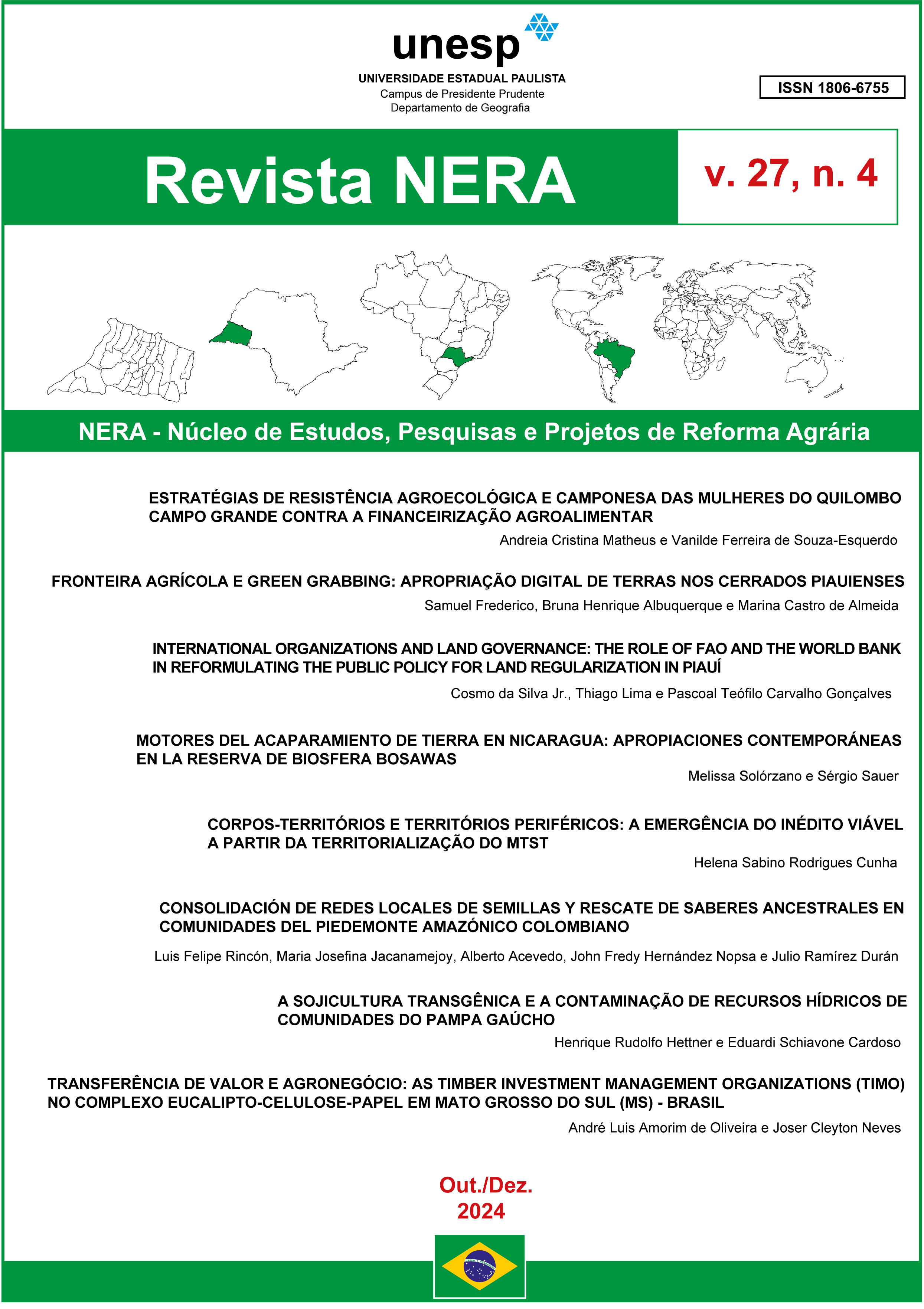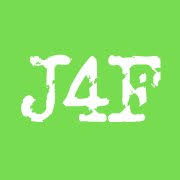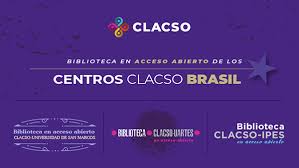International organizations and land governance: the role of FAO and the World Bank in reformulating the Public Policy for Land Regularization in Piauí / Organizações internacionais e governança da terra: o papel da FAO e do Banco Mundial na reformulação da Política Pública de Regularização Fundiária do Piauí / Organismos internacionales y gobernanza de la tierra: el papel de la FAO y el Banco Mundial en la reformulación de la Política Pública de Regularización de Tierras en Piauí
DOI:
https://doi.org/10.47946/rnera.v27i4.10258Keywords:
Market agrarian reform, Voluntary Guidelines on Land Governance, Land grabbingAbstract
The Food and Agriculture Organization of the United Nations (FAO) and the World Bank have contributed to resolving a land conflict in the state of Piauí. The state is attractive for land investments due to its natural characteristics and the government's promotion of production in the region through the MATOPIBA program. However, this has resulted in negative social impacts and conflicts over land. In 2017, transactions involving rural properties were blocked, leading to a stalemate that was resolved with the approval of the innovative State Law 7.294/2019, which employed the United Nations Voluntary Guidelines on Land Governance (DGVT) to resolve the land conflict. The article aims to examine how international organizations contributed to the resolution of the conflict and to the reformulation of Piauí's land policy. The study employed an exploratory case study approach, involving interviews, documentary research and media analysis, and analyzed the data in accordance with theoretical studies on the influence of international organizations on public policy.
Downloads
Downloads
Published
How to Cite
Issue
Section
License
Copyright (c) 2024 REVISTA NERA

This work is licensed under a Creative Commons Attribution 4.0 International License.
Os artigos publicados na Revista NERA devem seguir, obrigatoriamente, as diretrizes sobre ética e integridade na prática científica do Conselho Nacional de Desenvolvimento Científico e Tecnológico (CNPQ), disponíveis em seu sitio na internet (http://memoria.cnpq.br/normas/lei_po_085_11.htm). Em caso de infração às referidas diretrizes por qualquer texto publicado, o artigo será formalmente retirado de publicação, conforme a prática da comunidade científica internacional. A submissão de qualquer texto à Revista NERA implica na aceitação plena deste procedimento. As ideias e conceitos emitidos nos artigos são de inteira responsabilidade dos autores. Reforçamos que após a publicação do artigo o mesmo não será despublicado caso haja solicitação por parte dos(as) autores(as).
Lembramos que todos os manuscritos submetidos à Revista NERA são vereficados no software de similaridade "iThenticate". Os manuscritos com plágio verificado são automaticamente negados e os(as) autores(as) comunicados.
A licença utilizada pela Revista NERA é Creative Commons - Atribuição 4.0 Internacional (CCBY 4.0).
A política de arquivamento é a Licença LOCKSS.



















